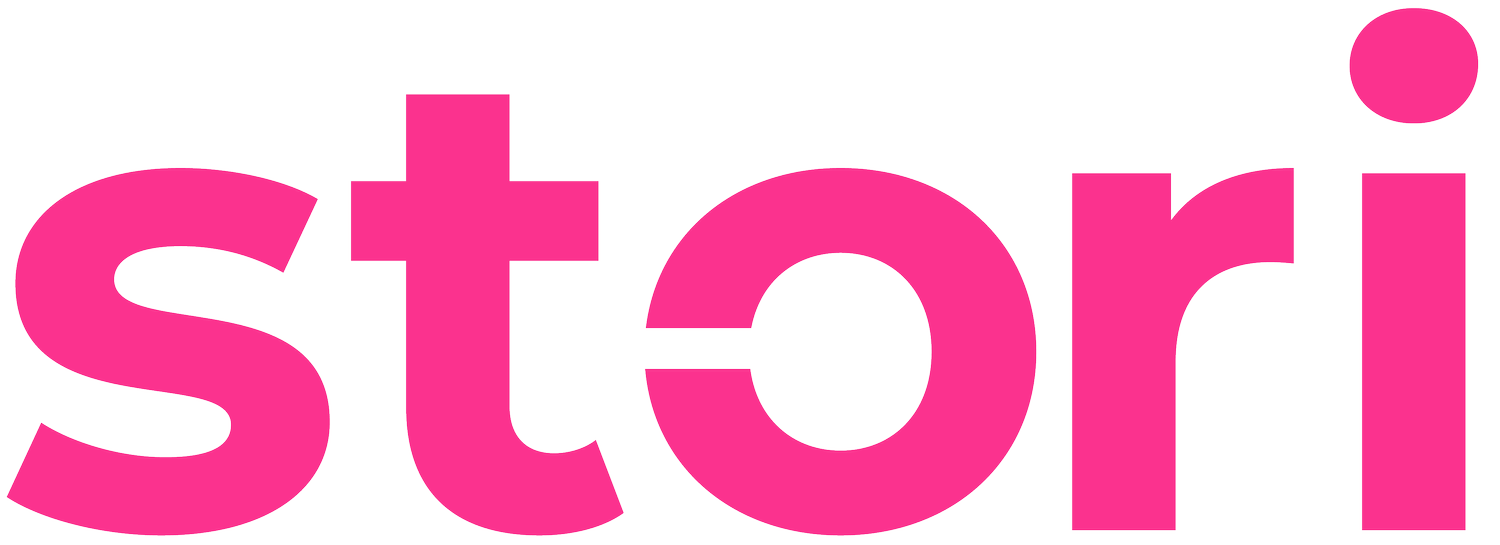How do universities walk the walk when reflecting the communities in which they are based?
iStock image
One of the initial challenges in progressing the equality, diversity and inclusion (EDI) agenda in universities, according to Martyn Edwards, director of marketing and advancement at Loughborough University, is that “sometimes people just don't know what they don't know and may be afraid to ask”.
“There's often a lack of awareness and a fear of getting it wrong,” he says. “You have key issues like white privilege, and intersectionality, that are complex and take time to understand. I'll admit, I wasn't familiar with many of these concepts three to five years ago.”
And so, he continues, university marketing teams have a clear responsibility to “meaningfully tell the story of the university, both internally and externally, and showcase what the university is doing in that space as well as increasing awareness amongst students, staff and other stakeholders”.
Representation gaps
But as well as reaching out to potential students from across the world, there is also the question of how well the university reflects the community in which it is based. Is the ethnic diversity of the area present in the student population? How about the range of socio-economic backgrounds and different abilities?
At the University of Sunderland, their staff base is reflective of the local community, explains equality, diversity and inclusion manager Justine Gillespie, but the data requires a closer look to really tell a useful story.
“If you look at the top-line figures, [minority groups] are overrepresented from a local community perspective,” she explains. “The North-East, particularly Sunderland, is mainly white British people, so if you look at the university’s stats based on the previous census, when you look [at the ethnic minority population], it is over representative of the local community. So on one level, it's positive. But if you then measure that against the student population in general, there's quite a gap between the representation.
“We have taken time to critically analyse our staff data through the whole talent pipeline and once you start to dig below the top line figures, there is a varied picture between departments in terms of their representation of minority ethnic groups,” she continues.
“We discovered the solution was not as straightforward as setting university goals for the recruitment of minority ethnic staff and applying it to all areas. As a result of this analysis the university has decided to work towards the Race Equality Charter, the outcome of which will be a five-year action plan.
Why lack of diversity in staff creates inequality in learning
Kenon Man, deputy director of marketing at the University of Nottingham, says that addressing this imbalance is all about “seeing yourself represented”, in both the student body and the people who will be teaching you.
“I know that's a bit of a cliche, but there is power in seeing students like you going through the education system, coming out and being successful.”
“If you have academic or professional staff that are completely middle class, from private schools, that's going to create an issue in terms of the student experience. You can do all the work to get the students into university, showing how you are open and inclusive, but then you have a body of staff that doesn't really know how to relate, doesn't have that same experience or understand the same challenges that student has had coming through from a different background.
“So then you are already creating inequality in the learning environment, in terms of how that student might engage one-to-one and how that student might navigate their way through assessment and learning. So it causes lots of hidden issues within that student experience journey.”
Walking the walk
And ultimately, concludes Martyn Edwards, it’s about bringing the institution’s values into everyday consideration and sharing the successes that brings.
“I think as marketers we have to make sure that our practices as a team are compatible with our values,” he says. “So we're telling our story, making sure that we are walking the walk and talking the talk, and telling the university story about what we're trying to do in this space.”
Need help with your university stories? Get in touch: hello@stori.works

